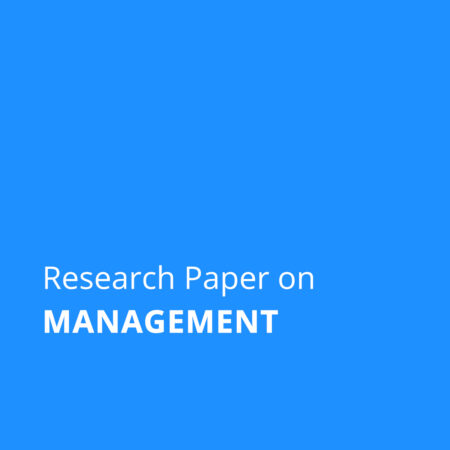Description
Title: An Update on ROS: How to Handle Environmental Stresses in the Age of Global Climate Change Refrain in Plants
Abstract: Plants are exposed to a complex range of abiotic stresses with the rise of human civilization and anthropogenic activities, especially in the shadow of urbanization and climatic change. These stresses have a negative impact on plant growth, development, and yield and result in significant crop losses across the globe. Plants react to such stresses in this alarming scenario of global climate conditions through a highly balanced and finely tuned interaction between signaling molecules. Reactive oxygen species (ROS), which are toxic byproducts of altered aerobic metabolism under various stress conditions at the cellular level, are quickly released as a result of abiotic stresses. Superoxide (O2•) and hydroxyl (OH) are examples of free oxygen radicals that are included in ROS, as well as non-radicals like hydrogen peroxide (H2O2) and singlet oxygen (O2). Depending on the type of stimulus, ROS can be produced and scavenged in different cell organelles and cytoplasm. However, at low to moderate concentrations, ROS are essential as secondary messengers in intracellular signaling cascades. At high concentrations, ROS cause lipid peroxidation, DNA damage, protein oxidation, and necrosis. Numerous molecules tightly regulate the level of ROS in cells as a result of their concentration-dependent dual roles. To maintain the balance between the production and detoxification of ROS generated under stress, plants have evolved antioxidants and scavenging apparatus outfitted with various enzymes. We have concentrated on the most recent findings regarding the production and scavenging of ROS during abiotic stresses in this article. The article will also serve as a knowledge base for fresh and important investigations into ROS production and scavenging.
Keywords: global climate change; abiotic stress; ROS; signal transduction; antioxidants; ROS scavenging
Paper Quality: SCOPUS / Web of Science Level Research Paper
Subject: Biology
Writer Experience: 20+ Years
Plagiarism Report: Turnitin Plagiarism Report will be less than 10%
Restriction: Only one author may purchase a single paper. The paper will then indicate that it is out of stock.
What will I get after the purchase?
A turnitin plagiarism report of less than 10% in a pdf file and a full research paper in a word document.
In case you have any questions related to this research paper, please feel free to call/ WhatsApp on +919726999915



Reviews
There are no reviews yet.